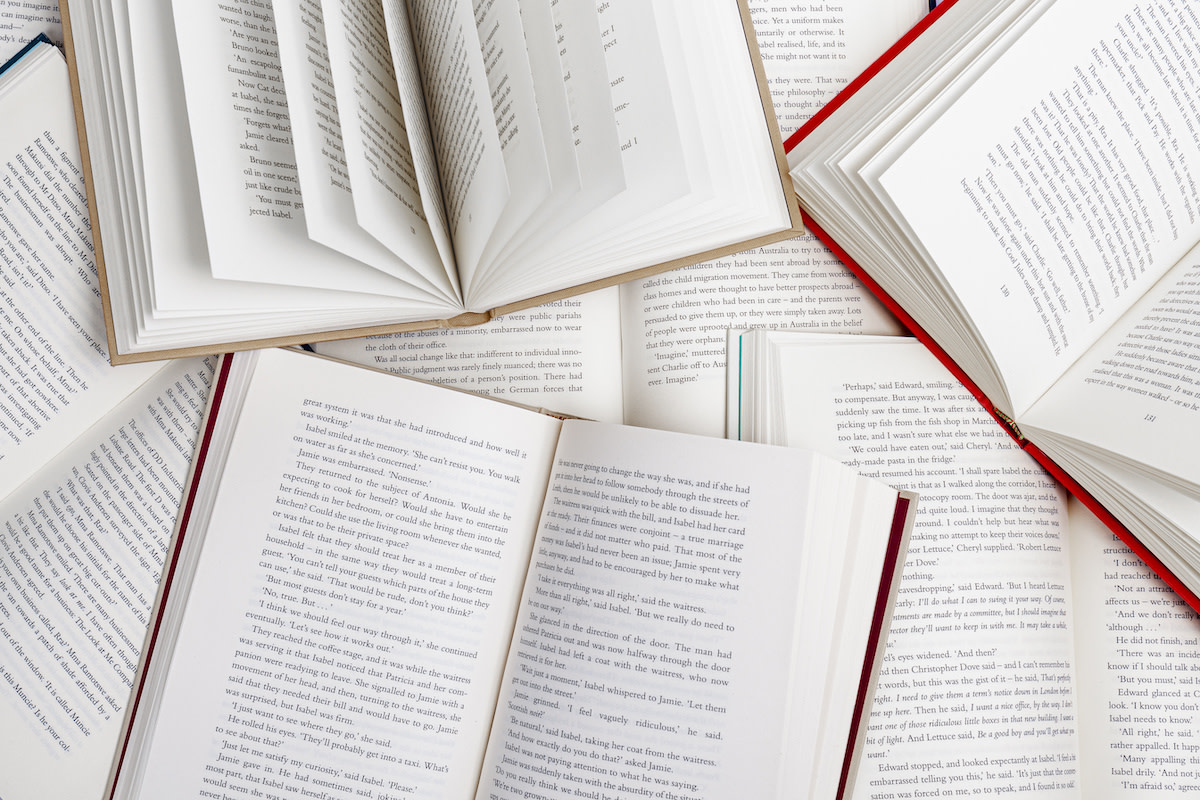What Is Golden Shovel Poetry? How to Write a Golden Shovel Poem
Written by MasterClass
Last updated: Nov 16, 2021 • 1 min read
Golden shovel poetry is a novel poetic form, created by poet Terrance Hayes, that allows writers to pay homage to existing poems by poets they admire.
Learn From the Best
What Is Golden Shovel Poetry?
Golden shovel poetry is a poetic form that takes a word from each line of an existing poem and uses them as the last word of each line in a new poem. The golden shovel form incorporates elements of both erasure and cento poems.
What Are the Origins of Golden Shovel Poems?
The first golden shovel poem was created by poet Terrance Hayes. Hayes’s poem is entitled “The Golden Shovel,” which is taken from the Gwendolyn Brooks poem “We Real Cool”—each word in Hayes’s title is the closing word of a line in Brooks’s poem. Hayes published “The Golden Shovel” in his collection Lighthead, which won the National Book Award in 2010.
The golden shovel form has been embraced by many influential poets since Hayes first invented the form, including Billy Collins, Andrew Motion, George Szirtes, Inua Ellams, Nick Makoha, Maxine Kumin, Langston Kerman, John Burnside, Raymond Antrobus, Don Share, Jacob Polley, Rita Dove, Nikki Giovanni, Phillip Levine, and Nikki Grimes.
How to Write a Golden Shovel Poem
The rules of golden shovel poetry as established by Terrance Hayes are fairly simple:
- 1. Choose an existing poem that you like. This could be a poem by a Pulitzer Prize winner, a United States poet laureate, or a new emerging poet.
- 2. Select a word from each line of the original poem. Each word from the original poem will be the last word of successive lines in your poem.
- 3. Construct a whole poem around these words. Your new poem can have a completely different meaning than the original.
Want to Learn More About Writing?
Become a better writer with the Masterclass Annual Membership. Gain access to exclusive video lessons taught by literary masters, including Billy Collins, David Baldacci, Joyce Carol Oates, Dan Brown, Margaret Atwood, and more.
